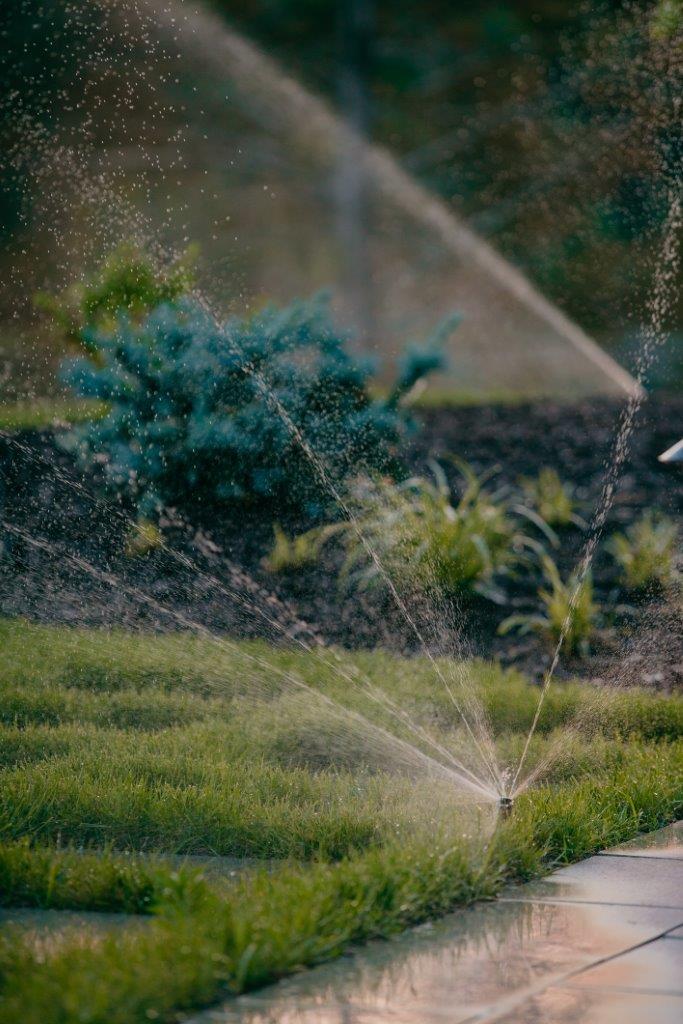In the North America, landscape irrigation water use averages more than five billion gallons each day. Over half of this water is wasted due to overwatering caused by inefficiencies in conventional irrigation methods and systems. Smart irrigation systems offer economical, practical, and sustainable solutions to the shortcomings of traditional watering.
Smart irrigation systems use Wi-Fi and app-based capabilities to automatically adjust watering schedules and run times for optimum water coverage to individual landscapes. These systems significantly improve outdoor water use efficiencies. Whereas traditional irrigation systems operate on preset programmed schedules and timers, smart irrigation controllers monitor rainfall, temperature, evaporation, and water use to automatically adjust the watering schedule to the conditions of the site.
It is quick, easy, and affordable to upgrade a conventional irrigation system to a smart irrigation system, and a controller upgrade can be done within few hours. Hiring a professional company for installation will ensure that the smart irrigation technology is seamlessly integrated with an existing system. Some of the main advantages of a smart irrigation system include:
 App and Remote Control
App and Remote Control
Smart irrigation controllers can be controlled remotely through apps, and support voice controls with popular smart programs like Alexa and Siri. Notifications for run times, water usage, watering schedules and system troubleshooting can also be sent to the user via the app. Your system can be actively configured to respond to changes in weather and water flow, while providing you with up-to-the minute run time and usage information.
Weather Monitoring
Many smart irrigation controllers can wirelessly link to a local weather station to receive periodic weather updates. As outdoor temperatures increase or rainfall decreases, smart irrigation controllers can adjust watering run times or schedules according to changes in rainfall and temperatures. Smart irrigation systems can also monitor soil moisture at various depths and gradually reduce drip irrigation safely above the wilting point.
Water Management
Conventional watering methods can waste over half of the water used due to inefficiencies in irrigation, temperature, and overwatering. Smart irrigation systems use sensors for real-time data to update watering routines and adjust watering schedules to improve efficiency, and work in tandem with local weather station information to make changes and adjustments to watering schedules based on precipitation and temperature.
Environmental Benefits
In addition to smart irrigation systems being great way to conserve water, they can also reduce runoff, overwatering, and erosion. When a lawn is saturated, the excess water will often travel to other properties, roadway sewers, or nearby waterways. This runoff may carry with it chemicals and pesticides that the lawn has been treated with. Smart irrigation technology contributes to water conservation, soil stability, and cleaner water resources for wildlife by eliminating excessive or unnecessary watering.
The irrigation industry is experiencing exponential growth in new technology, and there is a wide range of smart irrigation products that utilize advanced sensors, Wi-Fi and app-based capabilities. By investing in smart irrigation technologies, you can be sure to save water, money and time in caring for your landscape. Be sure to consult a Rost Superior Irrigation representative to see what smart irrigation system will work the best for you.

